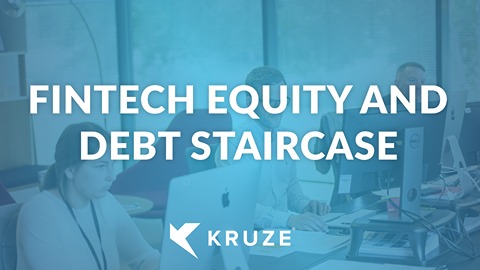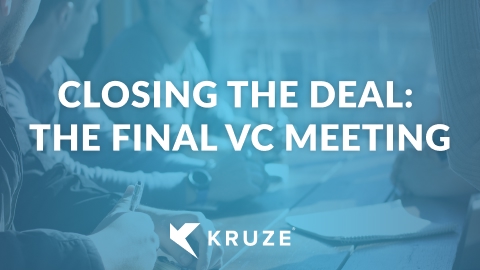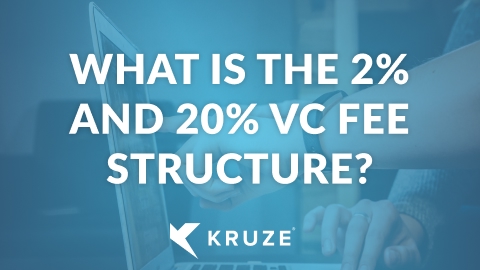
It’s a common question: Does the startup board have any flexibility when it comes to setting the strike price for options?
The short answer is no. The board has very little flexibility when it comes to setting the strike price.
Let’s break down why that is.
The dangers of underpricing stock options
Boards should be extremely wary of incurring liability or underpricing stock options only to have to reverse that pricing later on once the company is successful and goes through an audit.
If a company underprices their options and then auditors figure that out later, this will result in cheap stock scrutiny.
And even though they’re non-cash, cheap stock charges will show on a company’s profit and loss statement. So you want to avoid this if possible.
The smart thing to do is trust in the exercise price provided by the independent valuation provider, also known as the 409A valuation.
Startup strike price vs. exercise price
Your startup’s strike price is how much your startup’s employees will pay to purchase one share of your startup’s stock when they exercise a stock option. The startup strike price is set when the employee receives a stock grant. Many startups have created employee stock option (ESO) programs as part of their employee compensation plan. The employee is provided the number of options granted, their vesting schedule, and the strike price, from options in the startup’s option pool.
Every time an employee exercises those stock options, they pay the exact same amount per share (the strike price), regardless of how much the stock is currently worth. Even if your startup’s value increases astronomically, the startup strike price remains the same amount that’s provided in the option grant. It doesn’t matter if the employee exercises the startup strike price now, or ten years from now, it’s always that same amount for each option.
How Option Strike Prices Are Set
This process involves the startup’s 409A valuation, and startups must obtain a 409A valuation at least once a year. They’re also required to get a new 409A valuation any time there’s a major event that impacts the valuation of the company, like raising a new round of venture capital.
The startup’s board of directors then uses the 409A valuation to set the startup strike price on new stock options that the company grants to employees. But the board doesn’t have a lot of wiggle room when setting the strike price – tax regulations require the stock option strike price to be set equal to or greater than the company’s 409A valuation on the date that shares are granted.
That’s why employees that start at different times get different startup strike prices. As the 409A valuation changes (hopefully increasing each time!), the strike prices granted to new hires will change. Every employee’s strike price is set on their original grant date, and remains constant, while the 409A valuation changes.
The bottom line is that if the company does well and the 409A valuation grows over time, when employees exercise their stock options, their strike prices will be lower than the fair market value of the stock. So they make money! And the employees that started earlier make more than ones who joined the company later.
WHAT’S A TYPICAL STARTUP STRIKE PRICE?
There really isn’t any typical strike price. As we noted, as the startup grows and matures, its valuation will (hopefully) increase, and the startup strike price will be adjusted accordingly. So for very early-stage startups, you might see strike prices that are less than a dollar. More mature, later-stage companies might have startup strike prices that are much higher.
The startup strike price will also depend on the number of shares the company has. Imagine two startups that are close in size and maturity, but one has 50,000 shares and the other has 100,000. If the companies are truly equal, the startup strike price for the company with fewer shares should be double the price for the company with more shares.
WHY ARE STARTUPS REQUIRED TO GET 409A VALUATIONS?
When the IRS instituted 409A valuations many years ago everyone in venture capital was up in arms because they were expensive to do. Everyone was usually pricing each share at a penny and calling it a day.
However, the IRS realized boards were systematically underpricing stock options. For instance, companies would price shares at a penny instead of the fair market value. And at a penny a share, the management team would exercise their options, paying the penny a share. Then, with each incremental increase in value, they would be taxed at the capital gains tax rate, which is typically around 20%. While the ordinary income tax rate runs closer to 35% to 40%.
That’s a huge tax difference if you exercise early and treat everything as capital gains.
Once the IRS realized what was happening and how much in tax revenue they were losing, they instituted the 409A requirement.
The 409A valuation must be done by a third-party, accredited valuation provider. It can’t just be your board acting as a valuation firm and pricing the shares.
Thankfully, the cost of a 409A valuation has come down considerably.
It’s not only an IRS requirement, it’s smart and avoids the liability of cheap stock charges down the road.
Being safe and conservative will pay off in the long run.
If you have any other questions about 409A valuations or want more information about startup accounting, please contact us.















